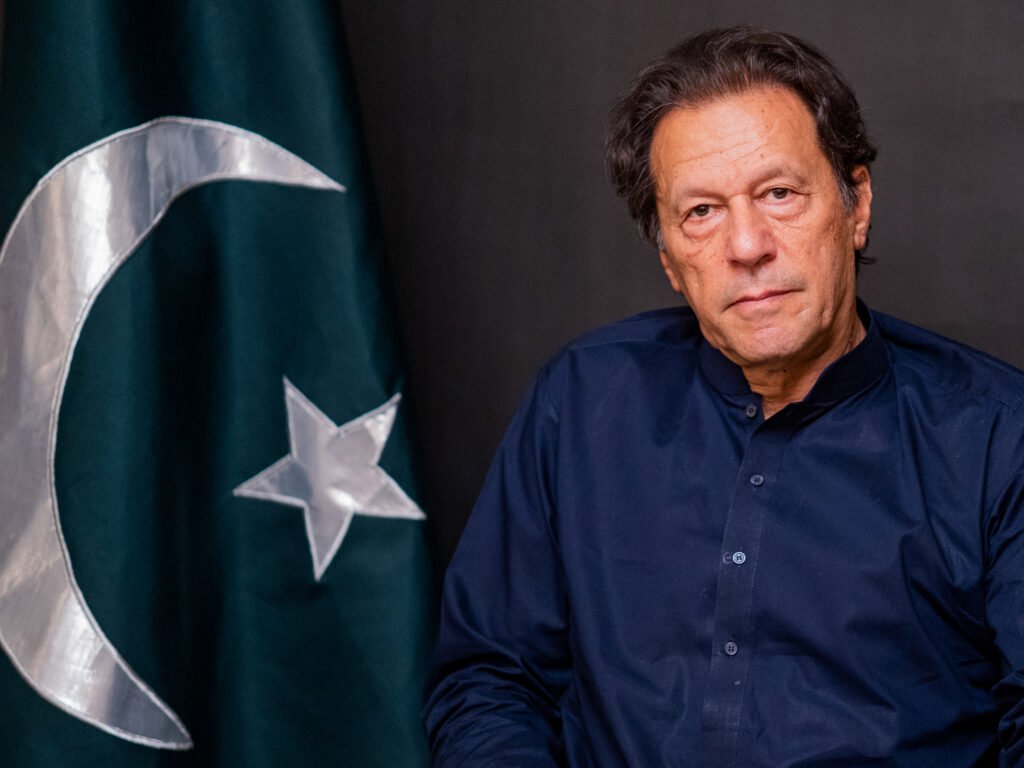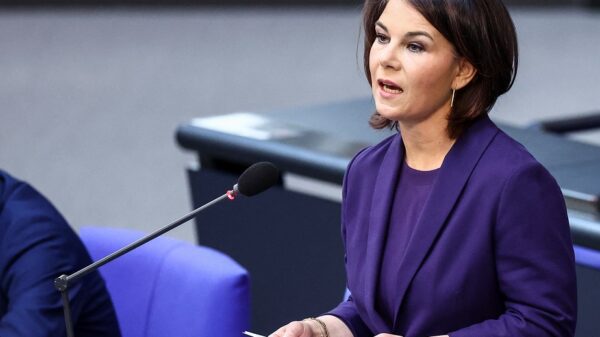ISLAMABAD: An anti-terrorism court (ATC) in Lahore granted permission for the local police to question and apprehend Imran Khan, the Chairman of Pakistan Tehreek-e-Insaf (PTI). Imran Khan is presently confined in Attock jail, serving a three-year sentence following his conviction in the Toshakhana reference. This case pertains to the assault on Jinnah House (also known as Corps Commander House) in Lahore Cantt during the events of May 9.

The arrest of the PTI chairman in the £190 million Al-Qadir Trust case on May 9 triggered riots across the country.
These riots resulted in the deaths of at least eight people and caused injuries to several others. This situation prompted the authorities to detain thousands of PTI workers.
Imran Khan: from Controversial Convictions to Arrest Warrants and Sentences
During the protests, individuals engaged in violence targeted civil and military installations. This included an attack on Jinnah House and the General Headquarters (GHQ) in Rawalpindi. The military labeled May 9 as the “Black Day”. The military further chose to subject the protesters to trials under the Army Act.
The Lahore police have received permission to arrest Imran Khan in connection with the Jinnah House attack case.
The inspector general of police (IGP) investigation in Lahore filed an application with the Anti-Terrorism Court (ATC), seeking authorization to question and apprehend the former prime minister. The court duly granted approval for this request.
Having faced a vote of no-confidence in April of the preceding year, Imran Khan now finds himself incarcerated in Attock jail.
Upon his conviction in the Toshakhana case on August 5, the authorities took the ousted prime minister into custody from his residence in Zaman Park, Lahore.
Khan faced accusations of exploiting his position as prime minister to illicitly buy and sell gifts owned by the state. He acquired these gifts during foreign visits, and their value exceeded 140 million Pakistani rupees ($635,000).
Despite Imran Khan’s petition contesting the admissibility of the case, Additional and Sessions Judge Humayun Dilawar sentenced him to three years in prison.
ADSJ Dilawar, in his short order, said: “The charge against the accused has successfully been proven that [the] accused has committed [the] offence of corrupt practices by making and publishing false statements/ declaration in respect of assets acquired by way of gifts from Toshakhana and disposed of during the years 2018-2019, 2019-2020 and making and publishing a false statement and submitting false and incorrect declaration in material particular relating to Form-8 for the year 2020-2021.”
“He cheated while providing information about gifts he obtained from Toshakhana which later proved to be false and inaccurate. His dishonesty has been established beyond doubt.”
The judge found the PTI chairman guilty under section 174 of The Election Act 2017 and handed down a three-year prison sentence. Additionally, the court imposed a fine of Rs. 100,000.
Imran’s nephew Transferred to military court
It’s important to note that Hassaan Niazi, Khan’s nephew, and his primary point person for legal affairs, faced transfer to a military court for trial. On August 18, a police report submitted to the Lahore High Court (LHC) laid out the details of this transfer.
The report states that the military will be conducting an investigation and trial of Hassaan. He is the main suspect in the Jinnah House attack case in Lahore.
According to the report, authorities arrested Hassaan in Khyber Pakhtunkhwa and subsequently handed over to the Quetta Police.
Later, in response to the commanding officer’s request, military authorities took custody of him.
Earlier, the day after his arrest late Sunday night in Abbottabad, Khyber Pakhtunkhwa, authorities transferred Hassaan to the Quetta police. He also served as the chief focal person for legal affairs for the party.
Hassaan’s father, Hafeezullah Khan, confirmed this development through his social media account.
However, the specific details of the case leading to Hassaan’s arrest remained undisclosed.
Previously, the police had indicated that Hassaan had a role in the May 9 riots and the assault on critical military installations. “ Lahore police wanted Niazi for his involvement in the attack on Jinnah House,” it further added.










